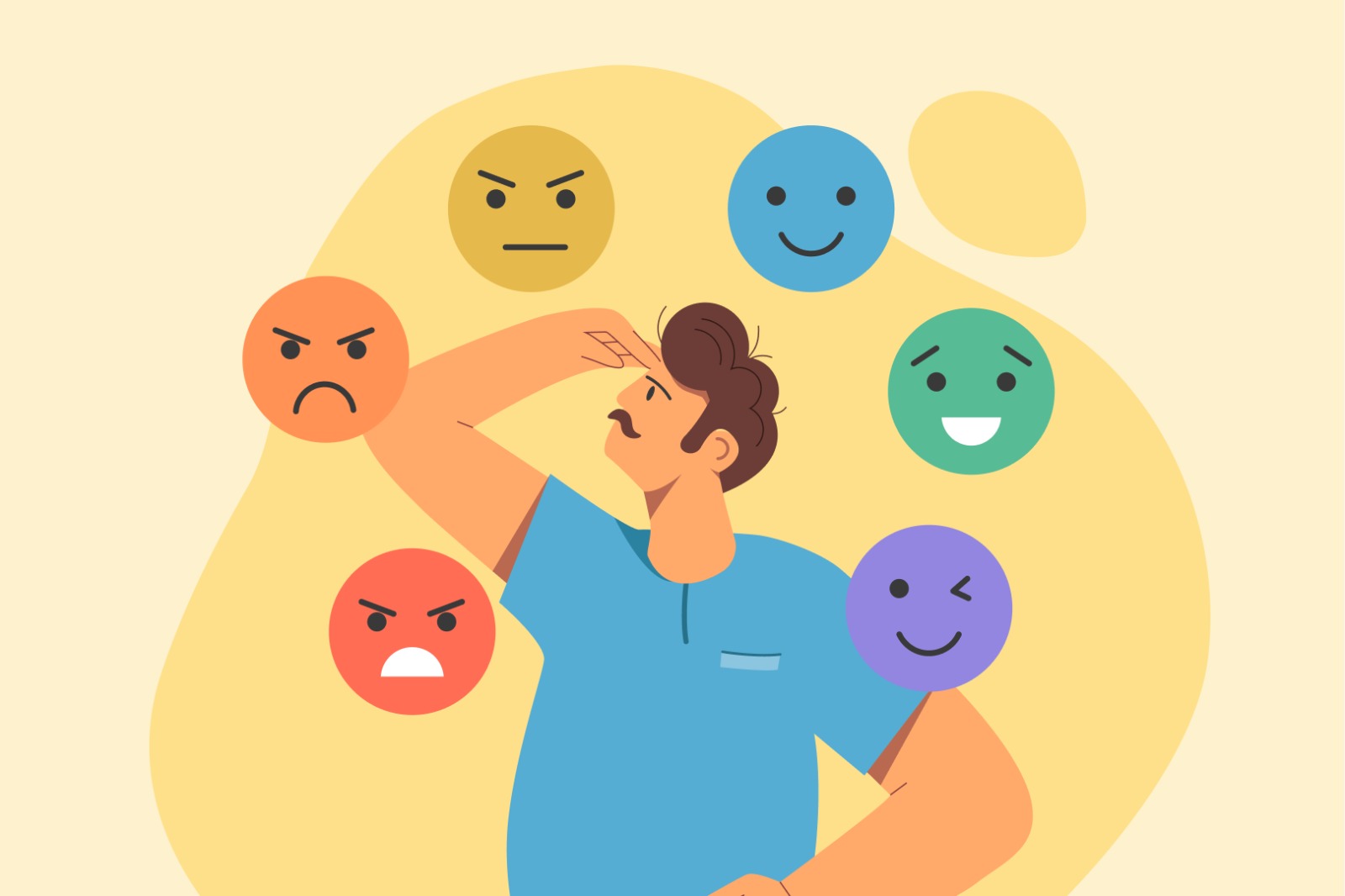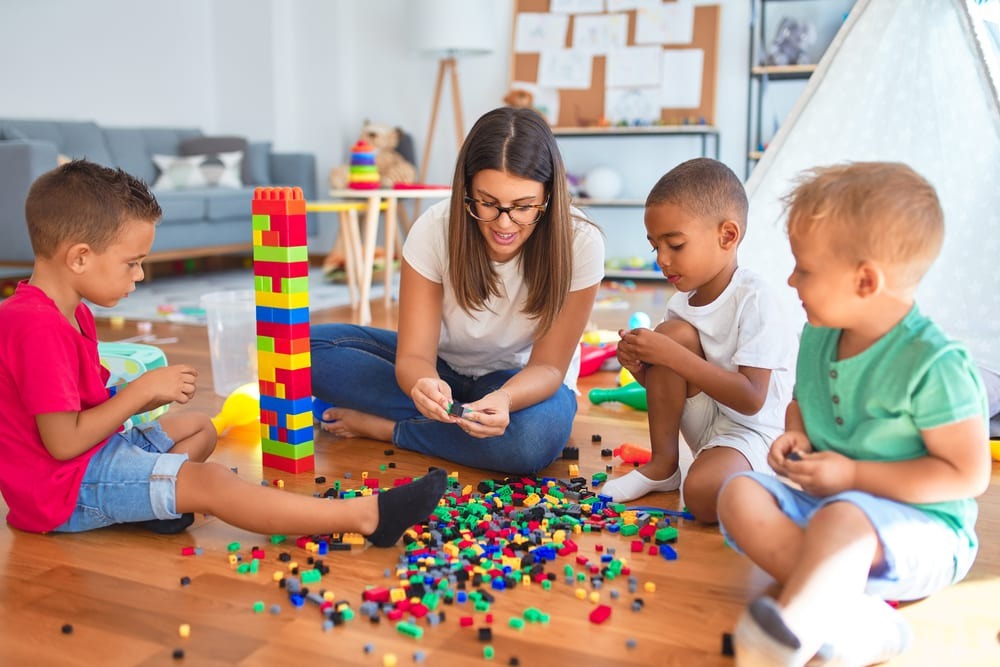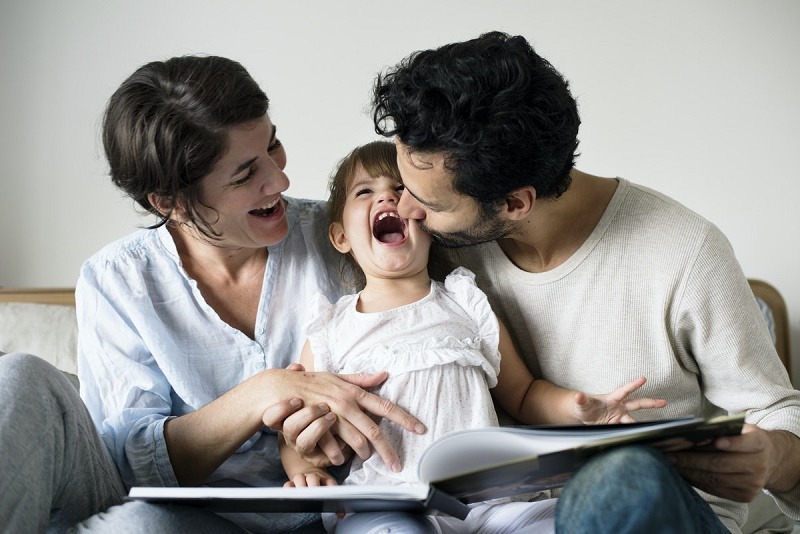From my years of working with people on their journey to emotional well-being, I’ve realized one thing: true personal growth begins with self-awareness. It’s like having a map for your inner world. When you start recognizing your feelings, understanding why they arise, and accepting them without judgment, you open the door to self-discovery that can transform every aspect of your life.
The Power of Self-Awareness
Self-awareness is essentially knowing yourself—your strengths, your shadows, your triggers, and your deepest desires. It’s understanding how your emotions influence your decisions and actions. Imagine waking up every morning feeling overwhelmed or anxious, but instead of reacting impulsively, you pause and recognize that the storm of feelings is temporary. That pause—this conscious awareness—is a foundational step toward mental clarity and peace.
In my practice, I often tell clients that self-awareness isn't about perfection; it’s about honesty. When we are honest with ourselves, we’re better equipped to navigate life’s ups and downs, ultimately fostering genuine growth and resilience.
Understanding Emotional Awareness
Emotional awareness is a crucial element of self-awareness. It involves recognizing and understanding what you're feeling in any given moment—whether it's joy, anger, fear, or sadness—and accepting those feelings as valid. Many of us go through life suppressing or ignoring uncomfortable emotions because they seem inconvenient or shameful. But suppressing feelings only creates a disconnect from our true selves.
When you become aware of your emotions, you lay the groundwork for making better choices. For example, instead of lashing out in anger, being aware of your fury allows you to pause, breathe, and respond thoughtfully. That clarity helps you develop better relationships, manage stress, and make decisions aligned with your authentic self.
The Road to Personal Growth
I’ve seen repeatedly how conscious awareness of emotions helps people identify patterns—what they tend to do when faced with certain situations and how their feelings influence those responses. For some, recognizing early signs of anxiety has helped them take proactive steps, like practicing breathing exercises or seeking support before feeling overwhelmed.
A young woman I worked with, Priya, struggled with an intense fear of failing. Through her journey of emotional awareness, she realized her fear was rooted in childhood experiences of criticism. When she understood her emotion, she could challenge those old beliefs and develop resilience and self-compassion. Her relationships improved, and she felt empowered in her choices—proof that emotional insight fuels real growth.
Tools to Cultivate Emotional Awareness
Developing emotional awareness doesn’t happen overnight—it’s a continuous process. Here are some strategies I recommend:
- Mindfulness Practices: Meditation, deep breathing, and body scans help anchor you in the present moment and notice your feelings without judgment.
- Journaling: Writing about your daily experiences makes you more aware of subtle shifts in mood and thought patterns.
- Self-Assessment Tools: Using questionnaires or emotional checklists can help identify recurring themes or triggers.
- Seeking Feedback: Sometimes, trusted loved ones or mentors can offer valuable outside perspectives on your emotional patterns and behaviors.
Insights from My Practice
In my sessions, I often use assessments and guided reflections to help individuals deepen their self-awareness. I emphasize that self-discovery is an ongoing journey—one that requires patience, compassion, and curiosity. When people tune into their feelings regularly, they gain control over their reactions and tap into their inner wisdom.
A Tale of Transformation
Take Arjun, for instance—a man who carried the weight of unresolved anger for years. Through my therapeutic approach, he learned to recognize the early signs of irritation and understand its roots—his sense of inadequacy from childhood. With that awareness, he practiced self-compassion and better communication. Today, Arjun feels lighter and more confident. His relationships are healthier because he no longer suppresses his emotions but understands and processes them.
Final Thought
Self-awareness is more than a buzzword; it is the first step toward genuine transformation. I encourage everyone to start small—pause, breathe, and check in with their feelings daily. Over time, this practice becomes a powerful tool for lasting personal growth. Remember, your journey of self-discovery begins within, and it’s always worth taking that first step.
If you’re ready to embark on your path of emotional awareness, I’m here to guide you every step of the way. Your inner world holds the key to your growth—let’s explore it together.



Add a Comment